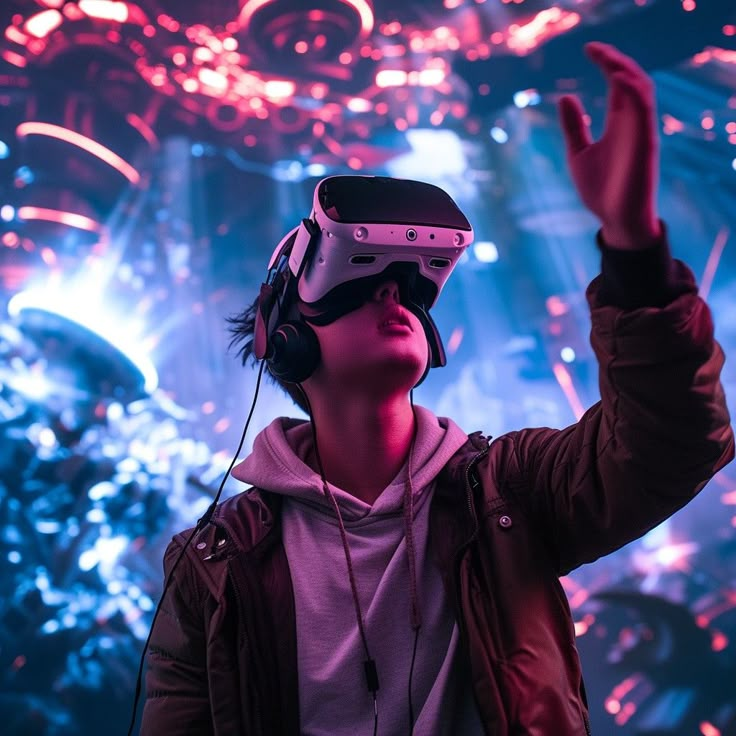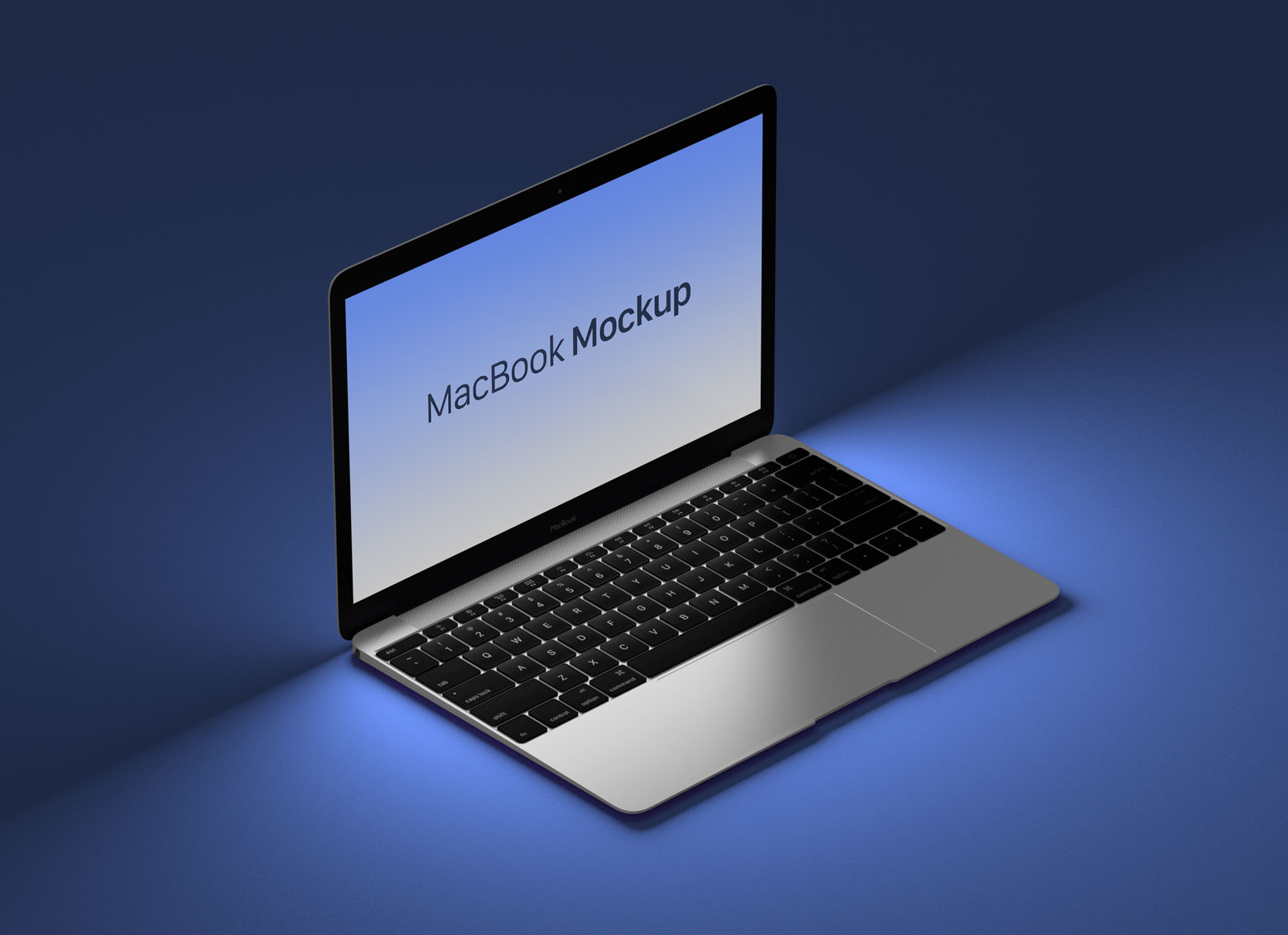Health Tech & Bioengineering: Transforming Healthcare

In the 21st century, we are witnessing a healthcare transformation like never before, driven by advancements in Health Tech and Bioengineering. These two fields are not only improving patient care but are also paving the way for personalized treatments, precision medicine, and breakthrough therapies. From AI-powered diagnostics to the revolutionary potential of CRISPR gene editing, Health Tech and Bioengineering are the cornerstones of modern medicine. Let’s dive into how these technologies are changing the landscape of healthcare.
Health Tech is revolutionizing patient care by enabling more accurate, efficient, and personalized treatments. With the rise of wearable devices, individuals can now monitor their health in real time, tracking everything from heart rate and sleep patterns to blood sugar levels and oxygen saturation. This data not only empowers patients to take control of their own health but also provides healthcare professionals with valuable insights to make more informed decisions. As Health Tech continues to evolve, these tools will become even more sophisticated, integrating seamlessly with electronic health records (EHRs) and AI-powered platforms to provide a more holistic view of a patient’s health.
🌐 1. AI and Machine Learning in Healthcare
Artificial intelligence has become a game-changer in medical diagnostics. AI algorithms can now analyze medical data at speeds and accuracies far beyond human capability. AI-powered diagnostic tools can detect diseases like cancer, stroke, and heart disease in their early stages, often before symptoms appear, enabling earlier interventions and more successful treatments. Moreover, machine learning models are being used to predict patient outcomes, optimize treatment plans, and reduce hospital readmissions.
The integration of AI into electronic health records (EHR) systems also allows for more efficient data management, streamlining administrative tasks and giving healthcare providers more time to focus on patient care.
🧬 2. Gene Editing and Bioengineering: The Future of Medicine
Bioengineering, particularly gene editing technologies like CRISPR-Cas9, holds immense promise for treating genetic disorders. This technology allows scientists to precisely edit DNA sequences, potentially curing inherited diseases like sickle cell anemia, cystic fibrosis, and even Huntington’s disease. While still in the early stages, CRISPR has already led to successful treatments in clinical trials, paving the way for personalized medicine.
In addition to gene editing, bioprinting is another exciting field in bioengineering. Scientists are now experimenting with 3D printing technology to create custom biological tissues, which could eventually lead to the creation of lab-grown organs for transplantation. This could solve the ongoing organ shortage crisis, saving countless lives.
🧠 3. Wearable Health Tech: Empowering Patients
Wearable health tech has revolutionized the way patients monitor and manage their health. Devices like smartwatches and fitness trackers are now equipped with advanced sensors that can track heart rate, sleep patterns, blood oxygen levels, and even stress levels. Some wearables are now capable of detecting irregular heart rhythms (such as atrial fibrillation) and alerting users in real-time, allowing for immediate medical intervention.
The rise of continuous glucose monitors (CGMs) for diabetic patients has also made it easier to track blood sugar levels, offering greater control over managing the disease and reducing the risks of complications. These devices not only empower patients to take charge of their health but also provide healthcare professionals with valuable data to make more informed decisions.
🌿 4. Telemedicine and Remote Patient Monitoring
Telemedicine has surged in popularity, particularly during the COVID-19 pandemic, allowing patients to receive care without leaving their homes. Video consultations, remote patient monitoring (RPM), and virtual healthcare platforms have made it easier for people in rural or underserved areas to access quality healthcare. Today, telemedicine is being integrated with AI-powered chatbots that provide personalized health advice based on patient symptoms and medical history.
Remote monitoring tools are also gaining traction, allowing doctors to monitor chronic conditions such as heart disease, diabetes, and respiratory disorders from afar. This not only improves patient outcomes but also reduces the burden on hospitals, leading to more efficient healthcare delivery.
🌱 5. Precision Medicine and Personalized Treatments
The concept of precision medicine is transforming healthcare by tailoring treatments to individual patients based on their genetic makeup, lifestyle, and environment. Rather than the traditional “one-size-fits-all” approach, biomarker testing and genetic profiling allow doctors to create personalized treatment plans for conditions like cancer, autoimmune diseases, and mental health disorders.
For instance, in cancer treatment, precision medicine enables doctors to select therapies that target specific mutations in a patient’s cancer cells, improving efficacy while minimizing side effects. This approach is paving the way for more effective cancer treatments and immunotherapies that harness the body’s own immune system to fight cancer.
🔬 6. Regenerative Medicine: The Promise of Stem Cells
Regenerative medicine is another exciting branch of bioengineering focused on restoring or replacing damaged tissues and organs. Stem cell therapies are already being used to treat conditions like bone marrow disorders and certain types of cancers, with ongoing research into their use in treating heart disease, spinal cord injuries, and degenerative diseases like Parkinson’s.
Researchers are also exploring the potential of biomaterials to promote tissue repair and regeneration. By combining stem cells with specialized scaffolds, they hope to develop solutions that encourage the body’s natural healing processes, offering a more sustainable alternative to organ transplants.
🌍 The Global Impact: Bridging Gaps in Healthcare Access
One of the most significant impacts of Health Tech and Bioengineering is the potential to increase access to healthcare worldwide. Innovative technologies like telemedicine, AI diagnostics, and mobile health apps are bridging the gap in healthcare access, especially in underserved and rural regions. As these technologies become more widespread, they could reduce disparities in healthcare quality and outcomes, ensuring that more people receive timely, effective care.
🚀 Conclusion: A Healthier Future with Technology
The future of healthcare lies in the continued advancement of Health Tech and Bioengineering. With innovations such as AI diagnostics, gene editing, wearable devices, and regenerative medicine, the possibilities for improving global health are virtually limitless. As these technologies continue to evolve, we can expect to see more personalized, efficient, and accessible healthcare solutions that will ultimately lead to longer, healthier lives for individuals around the world.



